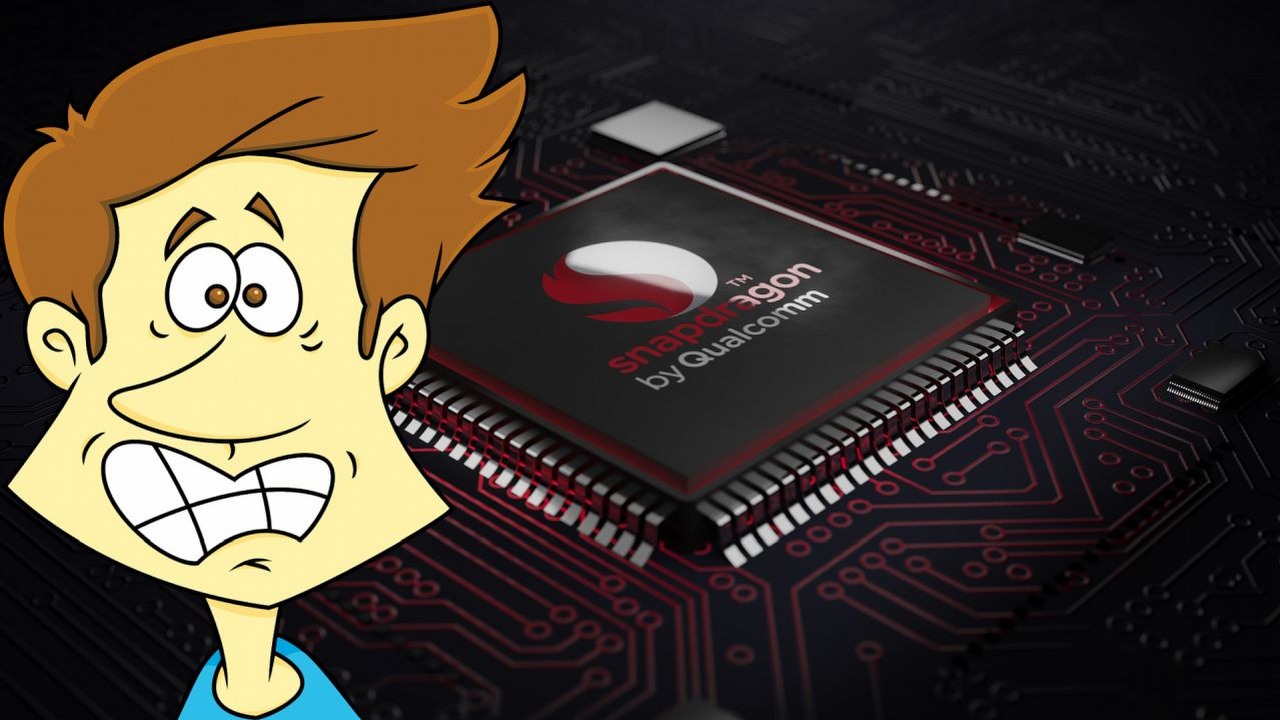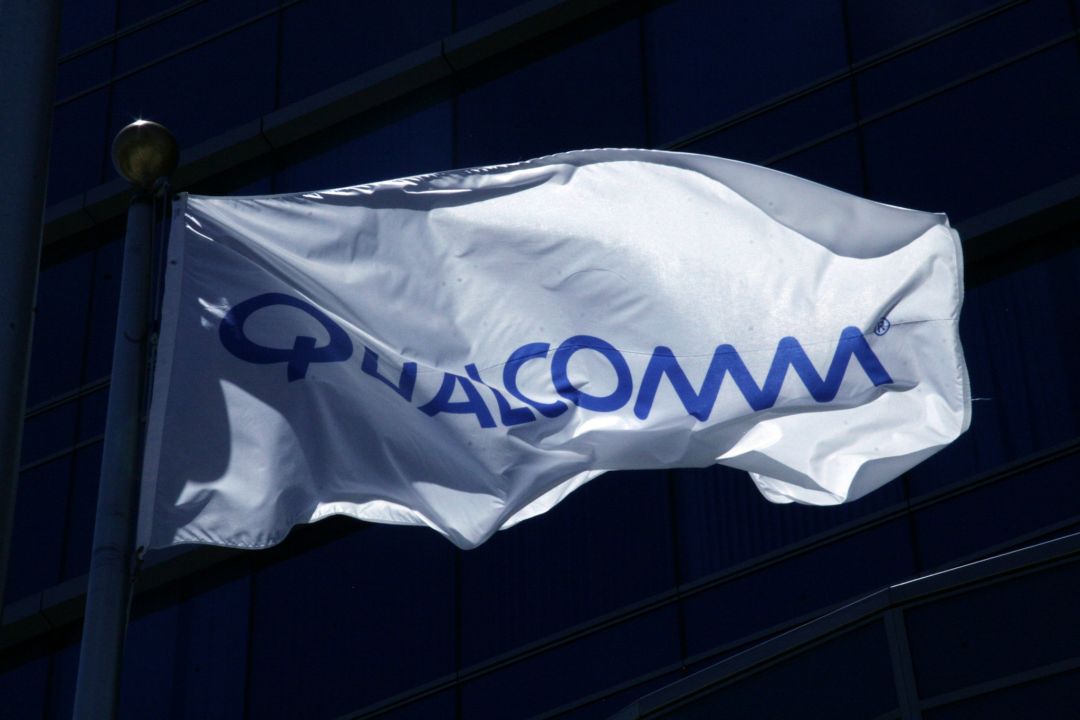Shortages are Starting to Affect Smartphones as Well
GPUs, PS5 and Xbox Series X/S consoles may soon be joined by smartphones. Problems with the availability of new Qualcom chips, including the flagship Snapdragon 888, have become a serious problem for major hardware manufacturers.

- Qualcomm has trouble supplying enough processors to smartphone manufacturers;
- The priority is the production of the flagship Snapdragon 888, which may cause a decrease in production of cheaper models;
- The availability of smartphones may decrease around the world if the current situation does not change.
According to information obtained by Reuters, Qualcomm has a problem with supplying enough processors to smartphone manufacturers. At the moment it is not known to what extent this will affect the prices and availability of the devices on our market, but experience with high prices and unavailability of graphics cards and next-generation consoles (PlayStation 5 and Xbox Series X/S) does not encourage optimism.
Reuter's sources claim that the shortages of Qualcomm's chips affect the production of Samsung smartphones from the low and medium price range. There is also a shortage of Snapdragon 888s installed in higher-end models, but the insiders did not say whether and to what extent this will affect the production and availability of Samsung's flagships.

According to an anonymous source, Qualcomm is now diverting its scarcest components to produce the most profitable Snapdragon 888. This could further exacerbate shortages of less powerful chips, resulting in higher prices and reduced availability of smartphones using cheaper Snapdragons.
The problem does not only affect Samsung - limited supplies from Qualcom will also affect the production process at competitors, as confirmed by Reuters' anonymous source. Lu Weibing, Xiaomi's vice president and head of Redmi, is also of a similar opinion, summing up the situation on Chinese social network Weibo: "It's not a shortage, it's an extreme shortage."
Samsung can't keep up
Key components of the new Snapdragon 888 processor are being manufactured by Samsung Electronics using a new 5-nanometer technology process. The factories are unable to quickly ramp up production and meet the demand reported by Qualcomm.
Samsung's situation is also not improved by the attack of winter in Texas. Heavy snowfall and freezing temperatures caused paralysis of almost the entire state and power shortages, which forced the Korean manufacturer to halt work in the US factory.
Stacy Rasgon, an analyst at AllianceBernstein, explains to Reuters that supply chains are global and tightly integrated. They are designed for efficiency, and thus they lack resilience.
Turbulences on the markets upset the delicate balance, and companies are unable to ramp up production quickly. And when scalpers come into play, the whole thing falls apart like a house of cards, as we're seeing right now with GPUs and consoles.
0

Author: Konrad Sarzynski
He has enjoyed writing since childhood and always dreamed of writing his own book. He just never expected it to be a scientific monograph. He has PhD in urban studies, which he is happy to brag about to his friends at every possible opportunity. He started his adventure with Webedia in late 2020 in the Tech department. He created texts, ran the technology newsroom, and later co-founded Futurebeat.pl, being responsible for featured articles and hardware tests. Now he focuses on all kinds of builders - both mainstream and indie - which he streams on his Twitch channel. He lives with his cat and wife.
Latest News
- This is expected to be the biggest year in the company's history. Blizzard prepares an offensive that will overshadow previous years
- Bethesda envied CD Projekt RED? Starfield may undergo a Cyberpunk 2077-style metamorphosis
- Season 2 has just started, and Todd Howard is already writing the script for the third one. Fallout 5 will be changed by the TV show
- 5 games to grab on Amazon Prime Gaming. Among them, a collection of RPG classics
- My experience attending the 2025 Game Awards, and why I loved it

